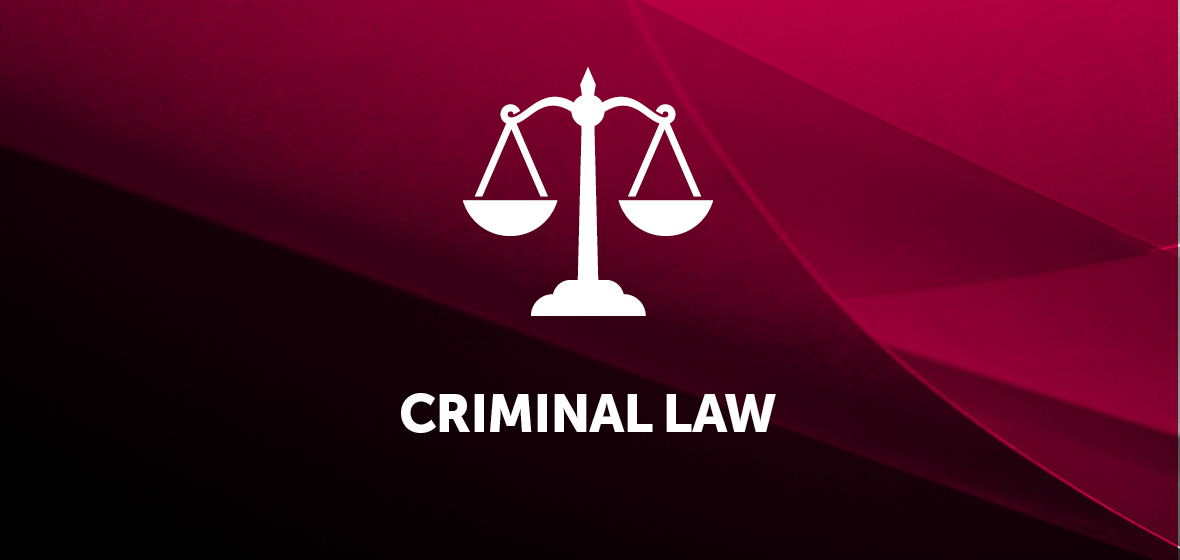Key decisions
- BAP v R [2024] NSWCCA 206
- Vamadevan v The King [2024] NSWCCA 223
BAP v R [2024] NSWCCA 206
Sentencing – discounts – ‘super’ call-over
In this decision the Court of Criminal Appeal (‘CCA’) has endorsed the proposition that a plea at a ‘super call-over’ may, in appropriate cases, attract a discount which is additional to the discount for the plea of guilty.
The applicant was sentenced in the District Court for three child sexual assault offences, with three more taken into account on a Form 1. The charges related to conduct when the applicant was variously aged 17, 21-22, and almost 24 years old.
He pleaded guilty at a ‘super call-over’, which is an innovation of the District Court in which, during a one to two week call-over, the Court lists all State (and some Commonwealth) matters which have a trial date in the next several months. The Crown allocates significant resources and senior staff to the cause of identifying any alternative pleas that can be offered, an individual judge is allocated to hear the matters, and the defence lawyers are all directed to attend (typically in person) to discuss the matter with the Crown and their client (who is typically also in person). Usually the judge conducting the call-over will also be the sentencing judge. The aim is to reduce the number of trials and, at least to that extent, there is an obvious benefit to the Court system as well as the accused and the community.


